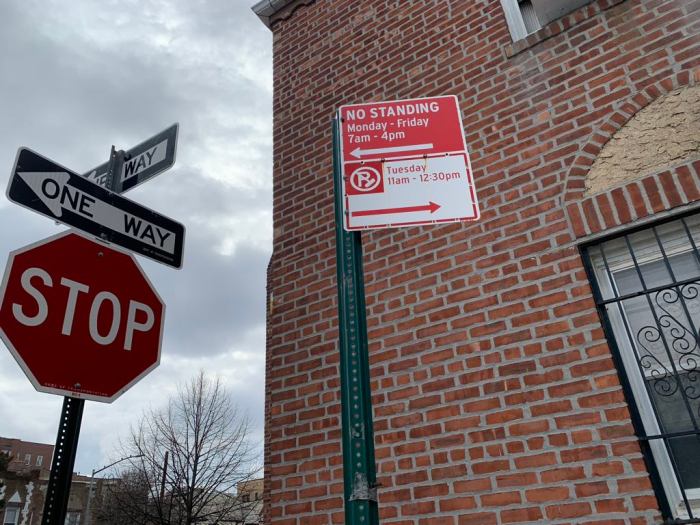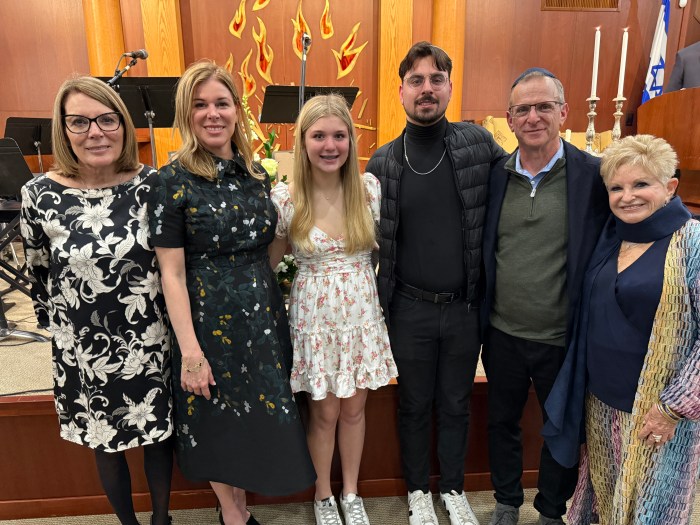The state’s highest court has rejected efforts by two power companies to block dozens of residents from suing them for negligence during superstorm Sandy. During the storm, more than 150 homes and businesses burned in three multi-alarm fires sparked by live electrical wires making contact with floodwaters.
Lawyers for the companies, LIPA and National Grid, argued to state Court of Appeals judges in January that they were acting as a government authority when they kept the power on during the deadly 2012 hurricane.
They sought “governmental immunity” to block them from the lawsuit, which was filed in 2013 by 40 homeowners and business owners from Breezy Point, Belle Harbor and Rockaway Park.
But the judges disagreed, which allows the lawsuit — still in the discovery phase — to continue.
Judge Jenny Rivera explained that the power authority used to be operated by a private group, LILCO, and there’s no legal precedent that shows it is similar to police or fire departments, which could be immune from a suit.
“A governmental entity that replaced a private entity to supply a service that historically has been provided by private entities, in a manner indistinguishable from those private entities, simply cannot be said to be acting in a governmental capacity,” she wrote in her decision.
Continuing to push for this immunity would just increase legal costs to the plaintiffs, she added.
The Rockaway peninsula is the only part of New York City serviced by LIPA, which chose not to shut off power as the devastating storm bore down on the city. Con Edison, the main power supplier throughout the rest of city, cut the power in flood-prone parts of the five boroughs.
Breezy Point suffered the worst — more than 100 homes burned to the ground from an electrical fire.
“LIPA’s failure to de-energize the peninsula destroyed homes, businesses and peoples’ lives,” Eric K. Schwarz, a lawyer with Sullivan Papain McGrath Block Cannavo PC, wrote in a statement.
LIPA’s multiple attempts to block the suit since it was filed has also “ravaged the families and businesses who simply want their day in court,” Schwarz wrote. The agencies could still try to block the case as they continue, he said.
A lawyer representing LIPA said the agency made the decision to keep the power on in the best interest of the residents.
“We believe the decision to keep power on to critical care facilities, first responders, and people’s homes was prudent and protected under our government immunity status and will continue to present our position in court,” Zachary Murdock of Lazer, Aptheker, Rosella & Yedid, P.C. wrote in an email.
Lawyers for the plaintiffs are seeking damages to cover the “significant loss” from the fires, and Schwarz said they are still trying to figure out the exact cost.
He hopes the suit pushes LIPA and National Grid to create a better plan for upcoming storms.
“They have to be more prepared,” he told amNewYork, noting the power companies cover entire coastlines.
“They haven’t made enough changes.”



































